Alan Tudge says ex-Nats leader Mark Vaile is victim of ‘cancel culture’ over uni job ousting
Ideological pressure has forced former deputy prime minister Mark Vaile out of the University of Newcastle, Education Minister Alan Tudge says.
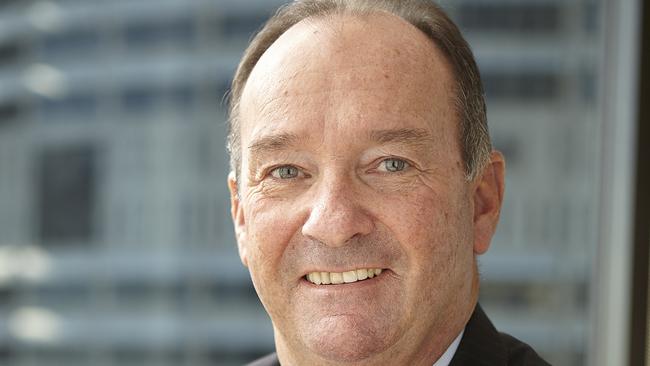
Ideological pressure and “cancel culture” has forced former Nationals leader Mark Vaile out of the University of Newcastle over his links to the coal sector, Education Minister Alan Tudge says.
Mr Vaile — who served as John Howard’s deputy prime minister from 2005 to 2007 — bowed to pressure on Monday and will no longer become the university’s chancellor, with academics, climate activists and philanthropists attacking him over his role at Whitehaven Coal.
After weeks of protests – and having decided to step aside – Mr Vaile found support from Mr Howard, Mr Tudge, and even from across the aisle in Canberra, including Labor’s Joel Fitzgibbon.
Mr Tudge has warned universities that he will not tolerate attacks against free speech on the nation’s campuses, and he said on Tuesday that Mr Vaile had been unfairly forced out of the position he was to take up in July.
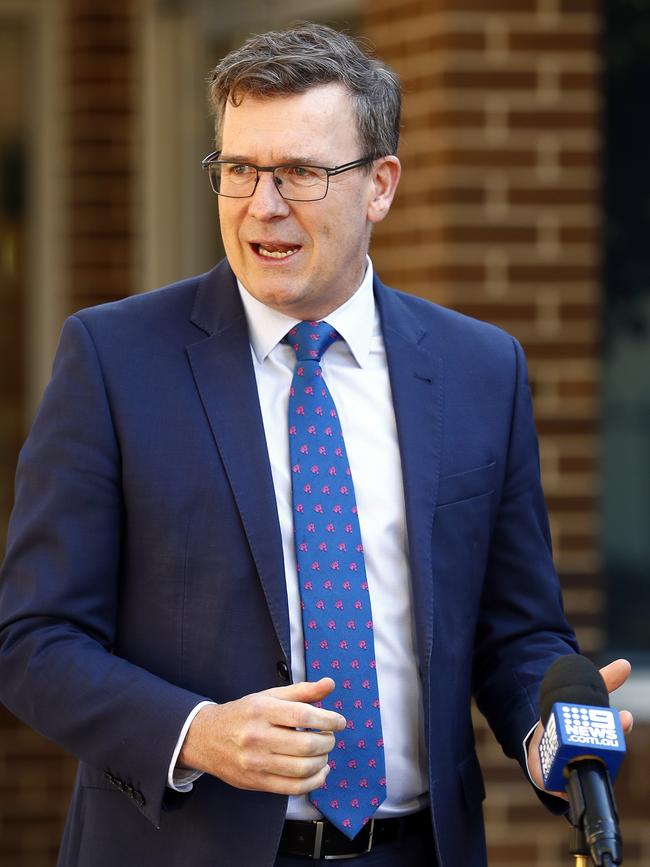
“I respect Mark’s decision, but it’s very concerning that he has been forced to turn down this role because of ideological pressure,” Mr Tudge said. “At a time when we are trying to promote and enforce free speech and academic freedom on campus, we should not have a very competent person forced out of an important job because of this cancel culture.”
As chancellor, Mr Vaile would have been in the university’s most senior job as chair.
Mr Vaile withdrew from the job just as the campaign against him was about to step up, with senior health academics and researchers at University of Newcastle – many of whom hold conjoint appointments in regional hospitals – planning to release a petition on Tuesday.
The former Nationals leader also faced outside pressure to drop out of the chancellorship, with philanthropists threatening to hold out on funding and some progressive figures – including The Australia Institute’s chief economist Richard Denniss – handing back University of Newcastle honours in protest at Mr Vaile’s impending appointment.
Mr Fitzgibbon – the former ALP minister whose electorate of Hunter is a key part of the University of Newcastle’s reach – accused the activists who pushed out Mr Vaile of a “new McCarthyism”.
“In Australia today, the blacklist is not so shadowy. Mark Vaile’s listing has been very public. The crime he has been publicly shamed for is his association with the coal industry. It’s a slippery slope,” Mr Fitzgibbon said. on Tuesday.
“The bigger concern is the misplaced campaign against one of our region’s most important industries and the message the demonisation of Mark Vaile sends to the tens of thousands of local people who work in the coal industry and associated sectors.”
Those opposed to the appointment were concerned about Mr Vaile’s role as chairman of Whitehaven, a major coal company. But in an op-ed in the Newcastle Herald last week, the former Nationals leader said he was also chairman of Pacific Palisade Partners – “an organisation that has $1bn of assets under management in wind and solar energy technologies”.
Regional Education Minister Andrew Gee – a Nationals MP tipped for promotion under new leader Barnaby Joyce – said people in Newcastle and Hunter would be shocked by the treatment of Mr Vaile. “I think a lot of them would be uncomfortable with how this has played out,” he said.
“I don’t believe anyone should be forced out of a validly appointed position on the basis of the industry they work in … If you took this thinking to its logical conclusion you’d see the University of Newcastle dismantling its mining engineering courses.”
Mr Vaile was selected as chancellor by a committee of four on the 16-member university council, which is headed by deputy chancellor Michelle McPherson. It is understood other members were given only Mr Vaile’s name for approval and not told the names of any others under consideration.
ADDITIONAL REPORTING: TIM DODD

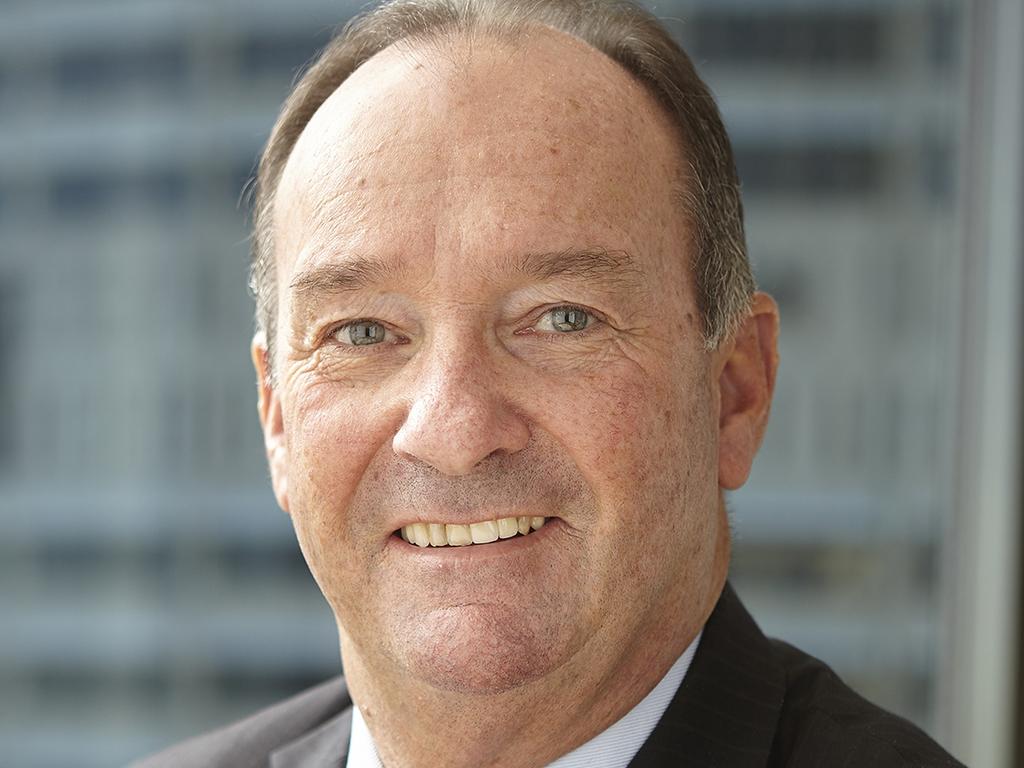
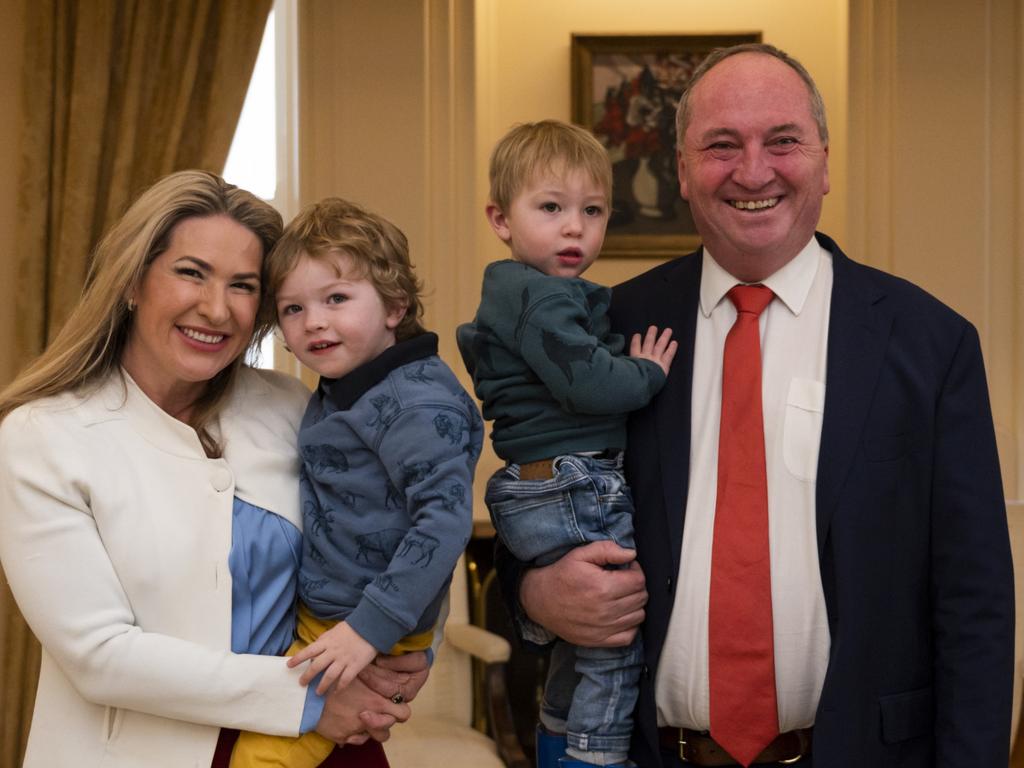
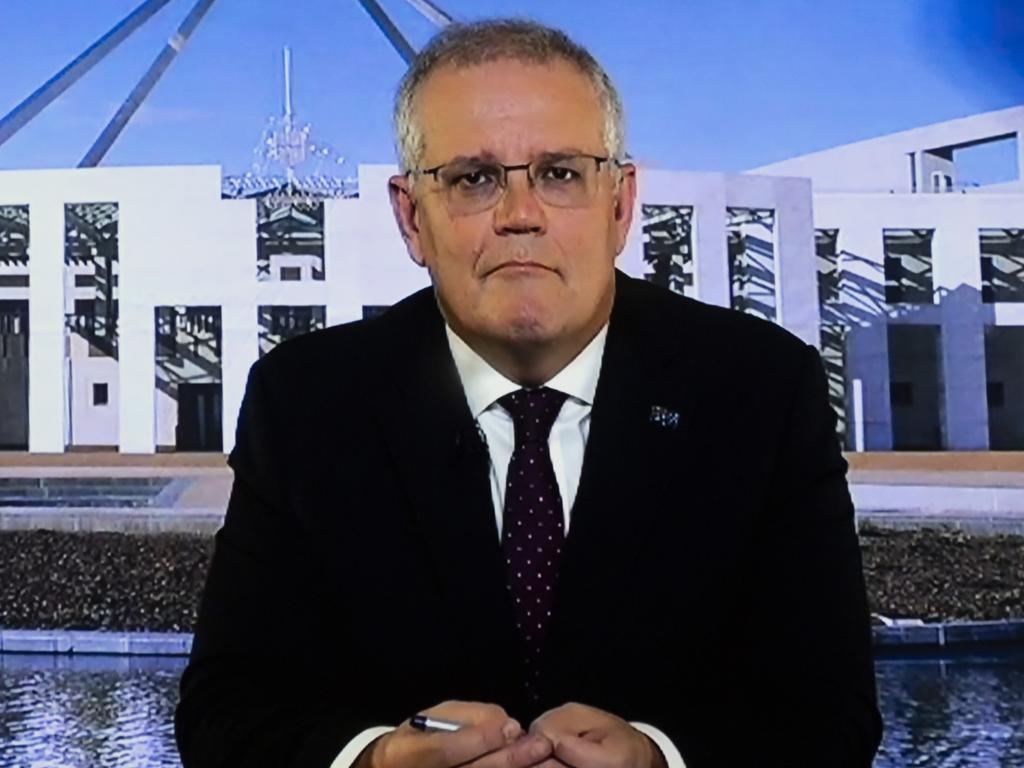
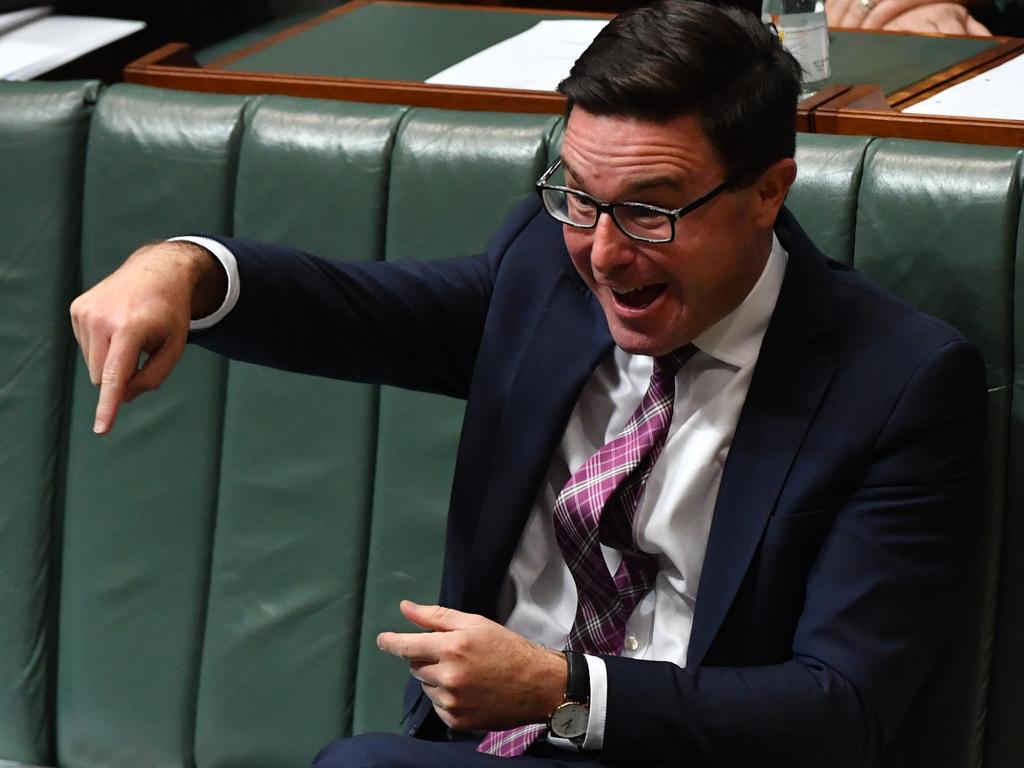


To join the conversation, please log in. Don't have an account? Register
Join the conversation, you are commenting as Logout